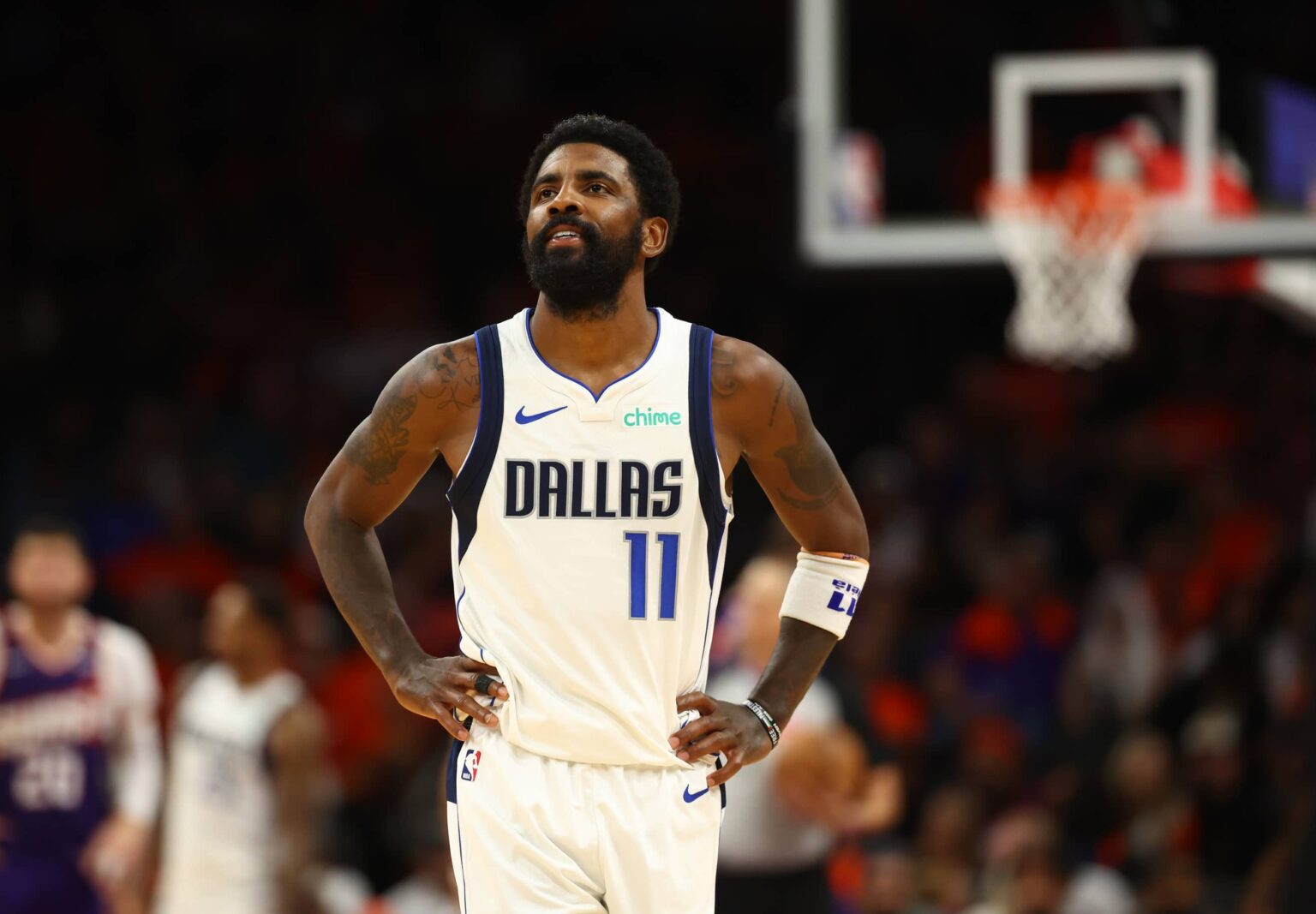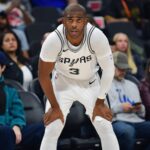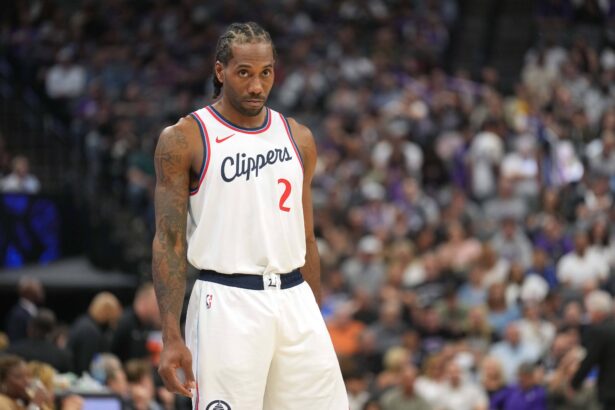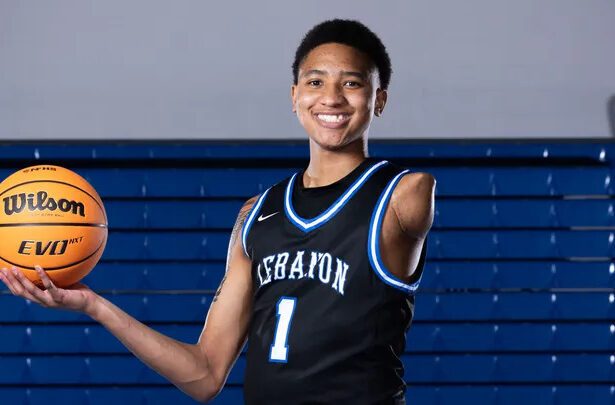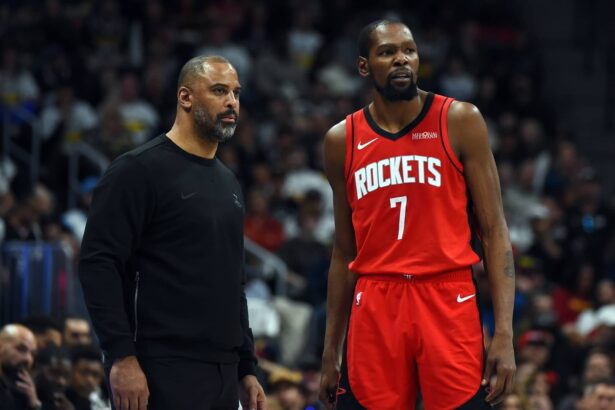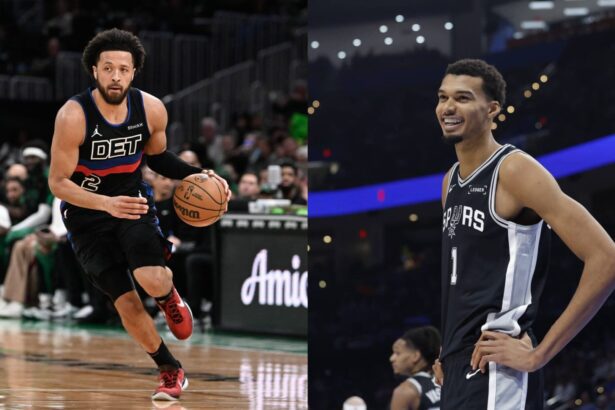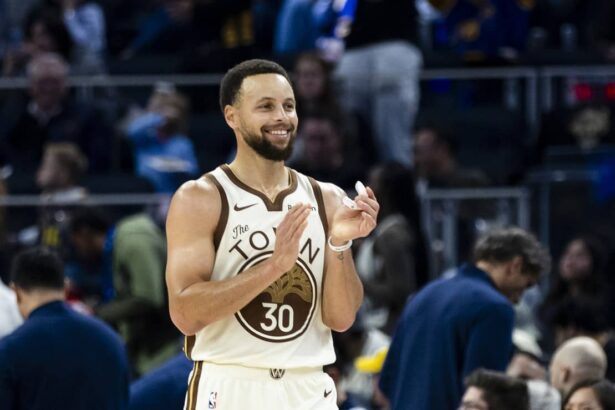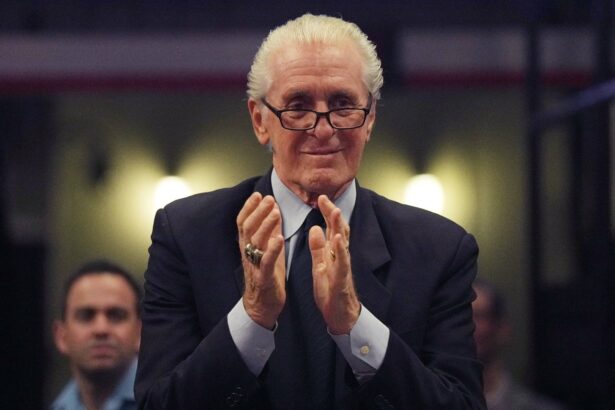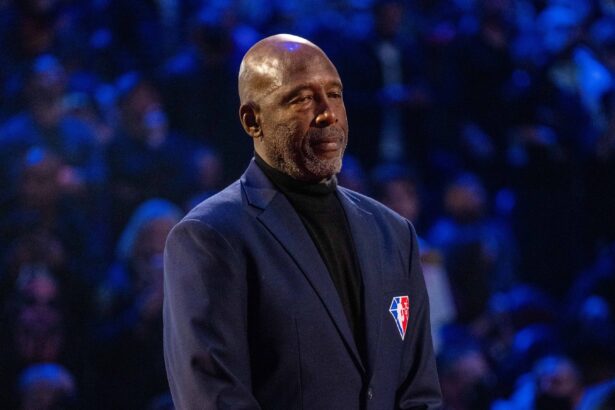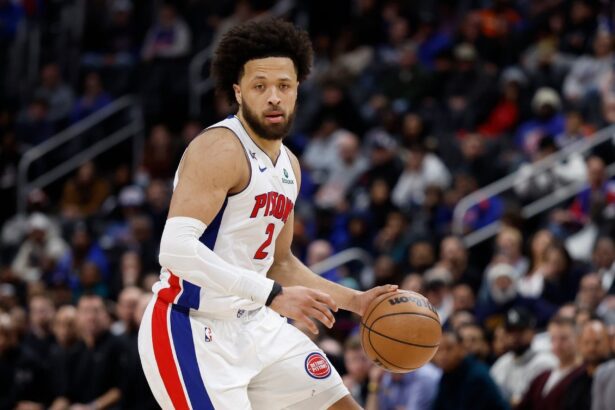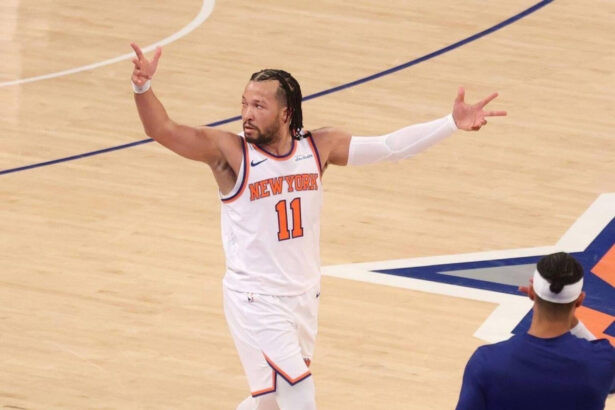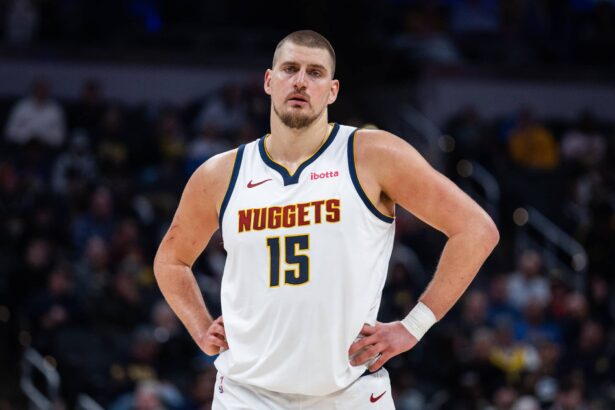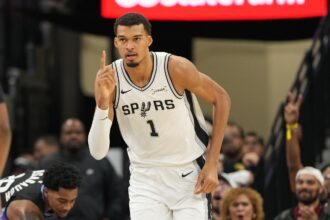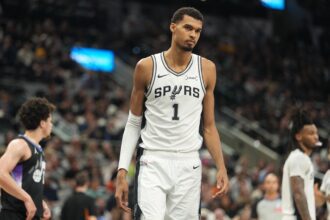Kyrie Irving has always been a vocal and philanthropic athlete who helps his community with his actions or even his words. He has recently also become a prominent figure on Twitch for live streaming.
On his most recent live stream, where he addressed various aspects of parenting, he also addressed how he faced childhood trauma and how he managed to cope with it.
“Dealing with childhood trauma and having trust issues or building your trust, guys, it is so important that what you see when you’re younger that you don’t normalize or you become desensitized to it.”
“I’ve seen so many things that, as a kid, I normalized things that were not normal, and then I’ve also been so desensitized to certain things that the effect it doesn’t have the same effect on me because I’ve seen it over and over again. One of those things could be like this.”
“The first time I saw someone who was addicted to drugs, that was on the street, it scared the sh*t out of me. By the time I turned 12 or 13, I had gotten used to seeing people on the street like that.”
“Growing up in New York, New Jersey, I got used to seeing that and seeing the struggle and seeing the projects and seeing the trenches. I saw all of it. I became desensitized to it.”
“You end up seeing stuff way earlier than you were supposed to, and it’s almost like seeing something in a movie and then seeing it in real life is two different things. I want to let y’all know that that’s where a lot of childhood trauma stems from, is seeing stuff so early that your brain cannot process what the f*** just happened.”
“How to heal beyond your childhood trauma or some of your generational curses, as they say, or some of the things that you’ve seen as a kid, is to get help.”
Kyrie Irving went on to talk about how, as a young boy in the black community, he faced a lot of stereotypes when it came to seeking help in therapy. He was worried that he would look like a “bi***” in front of his friends, and his community viewed him as weak if he went to therapy.
The Mavericks’ guard reaffirmed that times are not as difficult today as they were back in his day growing up. Young kids should not hesitate to seek help for any trauma that they face.

